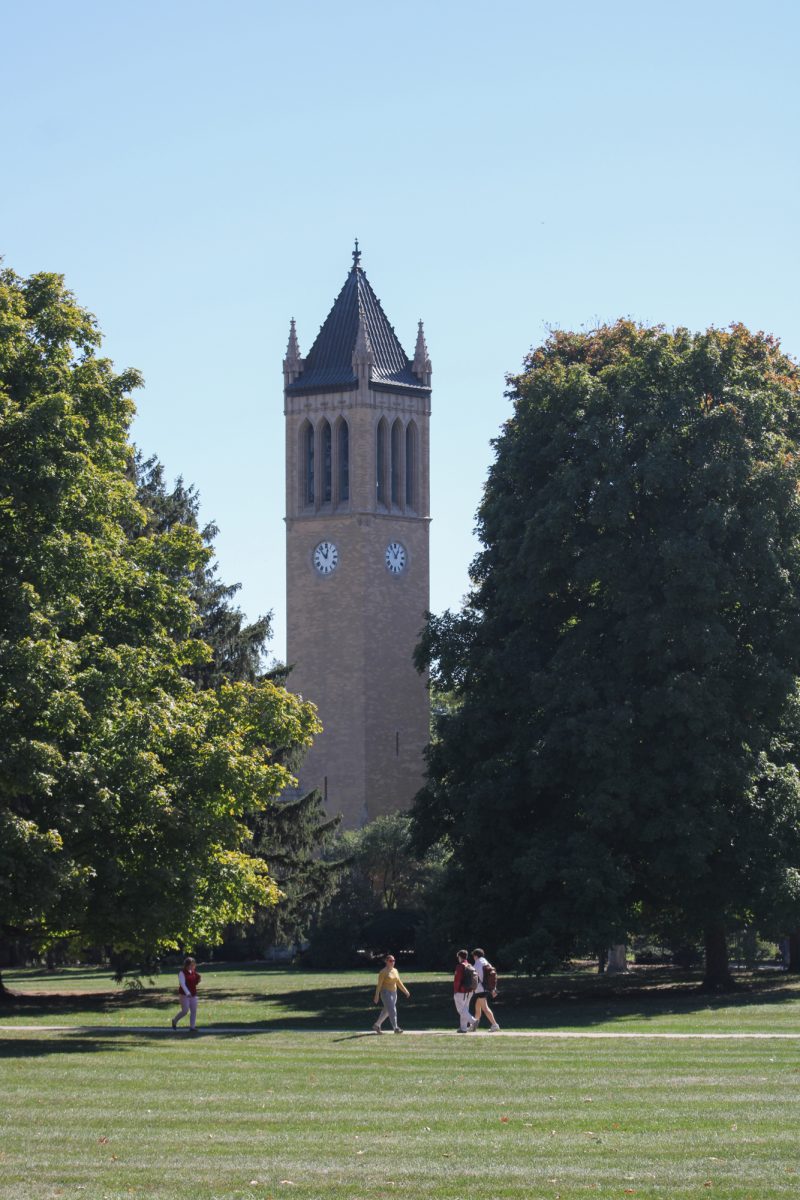COLUMN: President Bush’s stem cell policy still lacking in both compassion, logic
June 16, 2004
Dear Mr. President:
I suggest you take seriously the requests to relax your grip on federal funding for embryonic stem cell research. Please reconsider your initial decision to fund only those lines produced before 2001. Former President Reagan’s death has left you in a precarious position. What if Congress was to initiate change in stem cell laws? Would you sign the bill and risk alienating your base or wield a veto and risk being portrayed as an ideologue?
Mr. President, this isn’t a partisan issue. You’re losing credibility within your own party. One by one, your fellow Republicans are stepping up to the plate to advocate federal funding for stem cell research. Sens. Arlen Specter, Orrin Hatch and Bill Frist, to name a few. Can’t you hear the early rumblings of the stampede?
You’ve already received two letters, one from the House of Representatives that 206 members signed and another from 58 senators asking for controls to be released. As you observed Nancy Reagan grieve last week, bless her heart, were you not moved to rethink your position?
Mr. President, this isn’t a conspiracy for “pro-choicers” to get the upper hand. The embryos, although capable of developing into an adult human being, are cultivated in petri dishes and not intended to be implanted in a woman’s womb.
Suppose Laura was diagnosed with Alzheimer’s disease or suffered a spinal cord injury in a car accident. Suppose your daddy developed Parkinson’s disease. Could you look either one of them in the eye and tell them you did everything in your power to limit their chances for a potentially better quality of life? Is that what it would take for you to come tumbling down from a pious “respect and value all human life” pedestal? Who is more valuable: Your wife or a microscopic ball of cells that has no consciousness, self-awareness, ability to feel love or hate or pain?
What’s the difference between a soldier willingly sacrificing his or her life for the “War on Terror” and using a ball of microscopic cells donated for research? The principle, sacrificing one life for another, is the same.
It’s estimated that as many as 400,000 embryos are currently frozen and could be destroyed, if not donated, with consent, for stem cell research, according to Stephen Landfield, attorney, college professor, and former vice chairman of the New Jersey Human Relations Council. The embryos are not transplanted to create children, so the concern over cloning isn’t an issue because it isn’t possible.
The need for stem cells is only to begin the research process by creating “colonies” of cells, each with similar genetic makeup, used to work in a specific disease. A constant harvesting industry of embryonic tissue will not be required.
Think of the 400,000 embryonic stem cells as a valuable resource. Just like timber, water or oil, we are responsible for utilizing our resources for the betterment of mankind, not waste or discard them.
Here are some facts from the National Institute of Health. Embryonic stem cells have vast potential. No other cells can perform similar feats. They can morph into one of 220 types of cells and tissues in the body. Nurtured in their undifferentiated state, they can proliferate endlessly in culture and provide a vast supply of cells for research and, ultimately, therapy. In a 3- to 5-day-old embryo, stem cells in developing tissues give rise to the multiple specialized cell types that make up the heart, lung, skin and so on.
Still convinced that using embryonic stem cells is immoral and unethical based on religious decrees?
The National Institutes of Health has its own ethics division. Linked to this Web page is a testimony issued by Ronald Cole-Turner, M. Div. Ph.D. from Pittsburgh Theological Seminary. As part of the National Bioethics Advisory Commission, he stated, “[…] my view is that it is broadly consistent with the views of the United Church of Christ that human stem cell research go forward with federal funds. In fact, we go further and encourage reconsideration of the ban on federal funding for embryo research.” Cole-Turner also cites social justice as a reason to move forward with federally funded embryonic stem cell research.
Mr. President, please take all these reasons into consideration. I’m running out of patience with your administration. This is your last chance to impress me.






